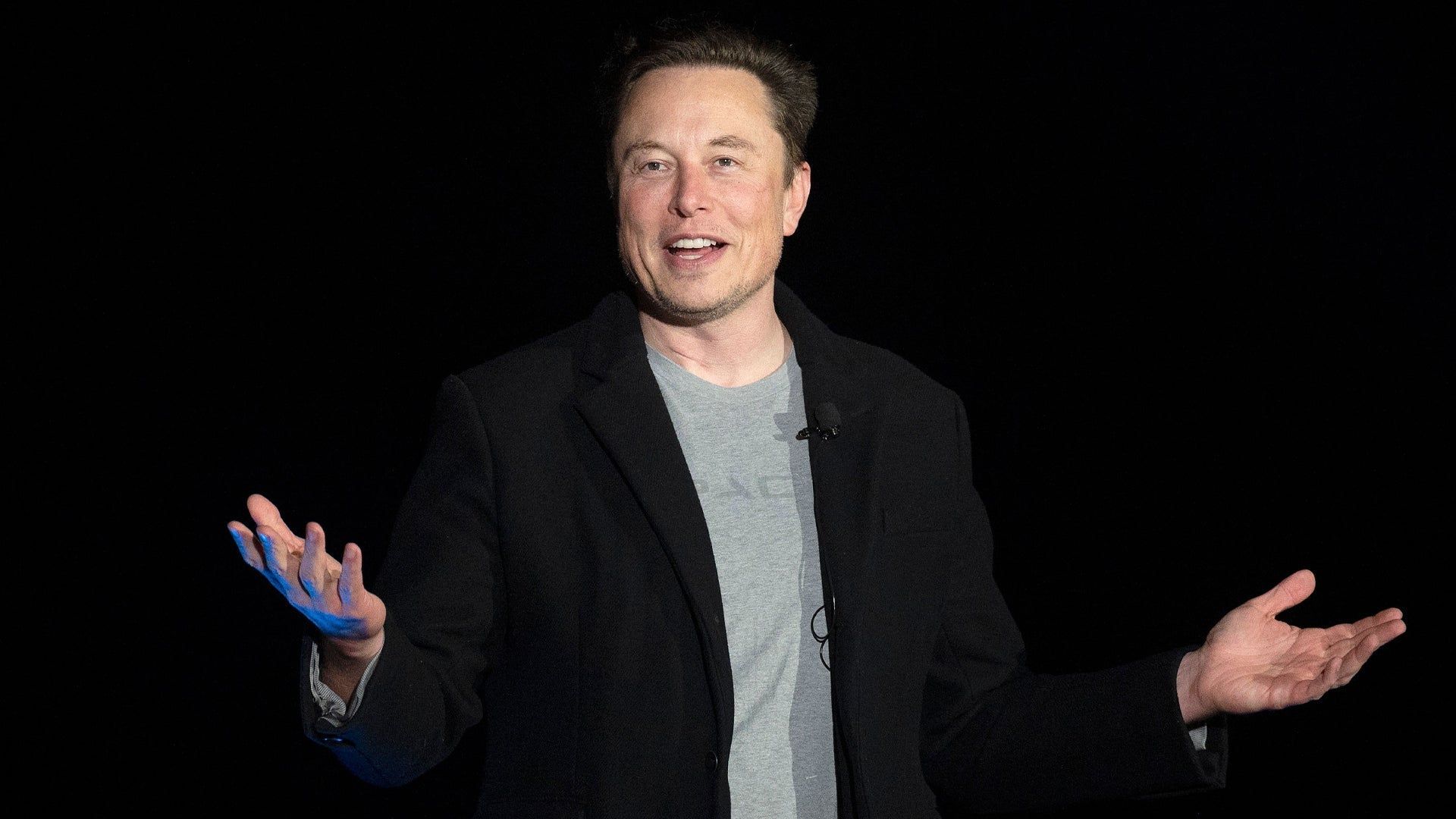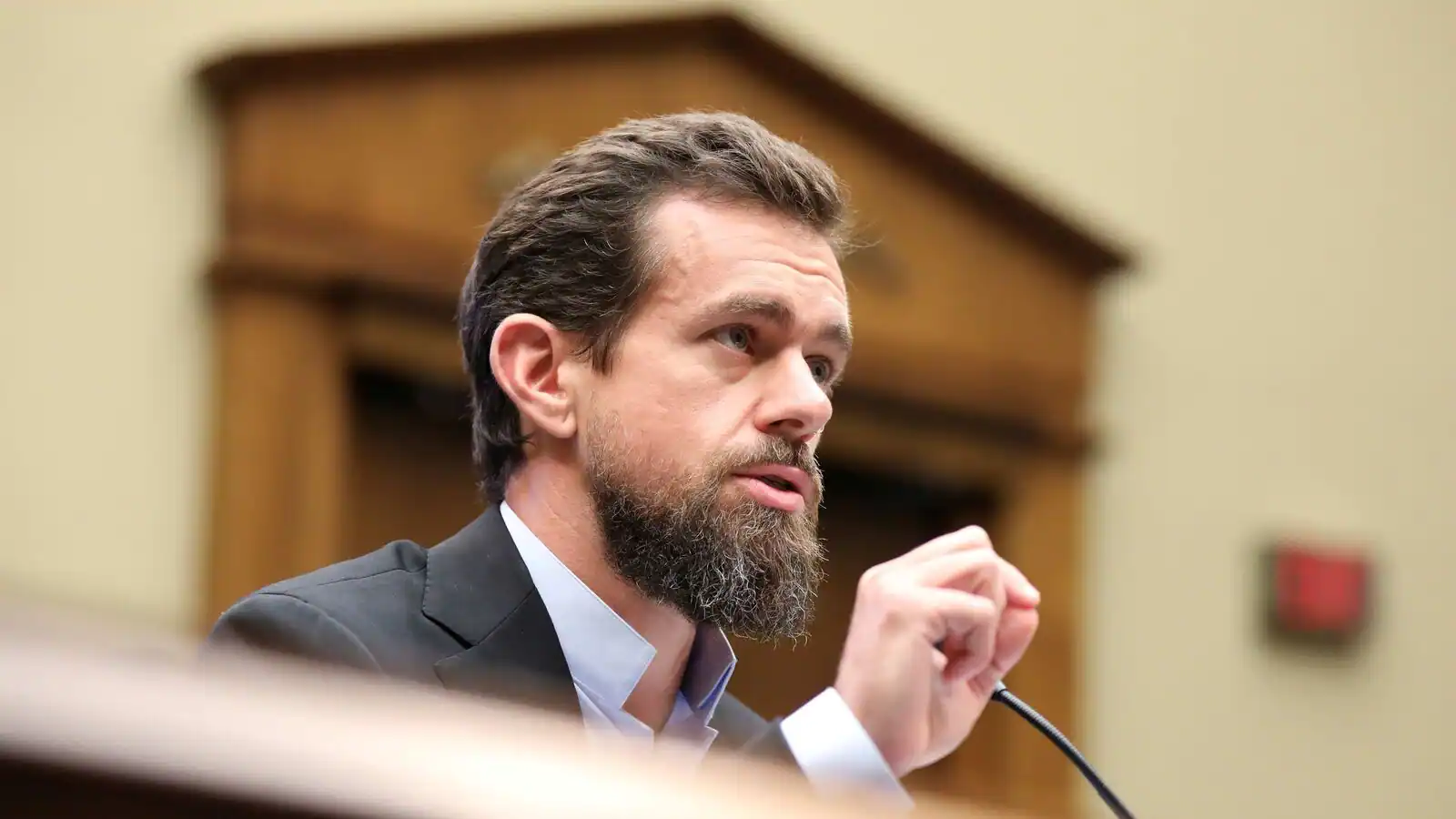Will Twitter be the next big tech collapse?

Friends Reunited. MySpace. Twitter?
It took a while to finally complete, but Elon Musk has purchased Twitter as I discussed back in April. Despite attempting to pull out of the deal, then being forced back into it, Musk strode into Twitter's offices on 28th October as its new owner and promptly set about acting like the world's least qualified "change management consultant".
He acted as one might expect: with a total lack of grace and subtlety. Brand Musk was at the centre of everything: from walking through the lobby with a sink, to positioning himself as "Chief Twit" in his bio and then firing the entire board. He made it clear that there was only going to be one person in charge from now on.
It's worth saying early that there are striking similarities between Elon Musk and Donald Trump, the most apparent being their business success kickstarted with their fathers' money followed by an ill-deserved sense of self-belief. Musk likely has a better track record of success than Trump, but both have been left with a borderline-delusional sense of confidence in their own ability. In fairness, Musk has achieved somewhat more than Trump in his career.
Also, much like Trump, Musk possesses a band of fervent acolytes: the noisiest of whom appear to like him most for his lesser achievements. There is plenty to analyse and even begrudgingly admire about Musk when it comes to SpaceX or Tesla, but instead his loyal supporters harp on about his expertise in cryptocurrency.
Musk has achieved absolutely nothing when it comes to cryptocurrency. It was a useful tool for him and Tesla as he used his status to manipulate the price of the volatile currency itself. He shilled a rubbish coin in Dogecoin for reasons best known to himself, but I would imagine it was a get-money-quick scheme. Yesterday, Musk tweeted a winking emoji alongside this image referring to the cryptocurrency.
— Elon Musk (@elonmusk) November 1, 2022
The currency immediately gained 26%. Because of that tweet. It would be laughable, yet $7 billion in Dogecoin trades were made in the 24 hour period surrounding it. Imagine investing $100 in something with infinitesimally small value, and then having the power to tweet, and inflate that value to $10,000 in seconds. That's the power Musk has, and it's built on absolute nonsense. Dogecoin is a joke. It has zero technological value whatsoever. It's a symbol to rally behind for his more idiotic supporters (and perhaps, in fairness, those who find some kind of humour in jumping on the bandwagon). It's all rather similar to Trump's MAGA merchandise.
And like Trump, his supporters harp on about his "freedom of speech" rhetoric, with the usual people lining up behind him claiming that freedom of speech means freedom from consequence. It doesn't.
As I've written before, Musk has all the hallmarks of a talented con artist. He is an entitled, sociopathic rich kid who never grew up and now finds himself with enormous amounts of wealth and power. And again, as with Trump, he finds no shortage of cap-doffers wishing to bow down to him as an icon.
Win or lose, respect to @elonmusk for being the man in the arena pic.twitter.com/26kyDiHKbJ
— Michael Dell (@MichaelDell) November 2, 2022
Even Michael Dell, founder of Dell Technologies Inc., seems to have found the time to post some nauseating rubbish about him this afternoon.When you find yourself being constantly reinforced by people in this fashion, it's no surprise if you're not lacking in self-belief.
So, back to Twitter. Armed with this self-belief, Musk seems to believe that he is the right person to "fix" Twitter. By "fix" he's referring to Twitter's ability to generate a profit, something the social media giant has found notoriously difficult to achieve since its foundation in 2006.

It's true that Twitter does have problems. It does need to solve the problem of bots, and it does have a content moderation problem. And Musk already thinks he's discovered the cure.
He has announced that the blue tick verification (a security feature to avoid scammers impersonating celebrities/politicians/noteworthy people) will cost $8/month. Alongside that, Musk has stated that those paying for this verification will have "priority" in replies and searches and receive "half as many advertisements".
Twitter’s current lords & peasants system for who has or doesn’t have a blue checkmark is bullshit.
— Elon Musk (@elonmusk) November 1, 2022
Power to the people! Blue for $8/month.
Musk seems to hope that he can – in one fell swoop – remove the bots by charging people for blue ticks and in doing so remove the urgency of the content moderation problem. It might work for the bots, but destroys one of the core principles of the platform in doing so.
The blue ticks were designed for one purpose only: verification. They aren't a "lords & peasants system" as he claims. They became a status symbol only as a result of their scarcity. Only people or businesses worth impersonating, or who if impersonated could do serious harm, were granted them. They weren't afforded priority over the average user in Twitter's feeds, or receive any other VIP benefits. If you wanted to know that it really was Nadine Dorries who had tweeted some insane rant about Channel 4, you could check and know that it was them. It was verification for security and for the benefit of the user experience of the platform. It is a platform feature, not a premium upsell. But now, Musk wants to monetise it.
He also has zero interest in proper content moderation. If, as is rumoured, he lets his eviller twin Donald Trump back on the platform, then you can kiss any hopes of a proper content moderation strategy goodbye.
Here's the big problem. Musk is viewing Twitter's users as the customer. They are not. Twitter's users are the product. The advertisers are the customer. Without the users, producing all the content, there is no product. You could arguably turn Twitter into a subscription service, charge $5 per month for access across the board, and do away with much of the problem with bots and spam accounts. You could exactly keep the same verification system in place. Instead, by monetising priority and importance (and security) you are devaluing everything. If anyone can get a blue tick simply by paying money, you or I could get the same de-facto status symbol as Joe Biden. That doesn't make any sense. I could log in and tweet some racist or xenophobic bile from my blue tick account, and it would add credence to my views. It would normalise authority and respect being granted to those who can afford it, not those who have earned it.
And I think that's the biggest issue here: Musk doesn't understand Twitter. He doesn't like what Twitter stood for the day before he completed the purchase. Like Trump, he is not a fan of criticism and he is not one for balanced, reasoned debate. If he were, he would not have made himself King by removing the entire board of directors. He doesn't value compromise. He values money, and he believes that his ability to earn it (read as: good fortune to acquire it) means he should be able to do whatever the hell he wants.
That does not bode well for this platform. Tech firms which become autocratic – indeed all firms which become autocratic – tend to go one way: down. Perhaps Musk views himself as Twitter's Steve Jobs; someone who is going to come in and rescue a struggling firm and pioneer a new era of innovation.
There are two huge differences here. Firstly, Jobs surrounded himself with talented people like Jony Ive and Tim Cook. They stayed around Jobs for years. Jobs was famous for being firm in his vision: he knew what he wanted, and what the end goal was. He focused so strongly on the end user, and their experience, and he used that vision to harness the undoubted talent of people like Jony Ive, who without that guidance was known to go a little bit off the wall. I worry that Musk sees himself as Jobs, Ive and Cook combined – with some extra genius sprinkled in for good measure.
Secondly, Jobs understood the product. He understood what people wanted, how they interacted with it, and how to make it accessible. The revenue would follow the success. He was repeatedly, demonstrably correct. Musk has already shown his hand in the early days of the takeover, and he has shown that he doesn't understand why people use Twitter. Its founders did. From the very early days, Jack Dorsey, Noah Glass, Biz Stone and Evan Williams crafted a product that served a purpose and did it better than any other platform on the internet. They built a culture of innovation that would become synonymous with the early days of Silicon Valley. Zuckerberg came calling, twice, and Twitter refused the takeover. Money was not the be-all and end-all. They had a vision that transcended that.
If Musk cannot see that, Twitter will surely begin an inexorable decline. Will it end up fading into obscurity?

As things stand, the answer is no. There is no viable alternative platform in-waiting to take over. Jack Dorsey, Twitter co-founder, is working on a new, decentralised social network called Bluesky, but it's not even opened its private beta at time of writing. Others espouse the benefits of Mastodon which, whilst an interesting concept, is so unfriendly to the non-techy user that the barrier to entry is far too high.
I don't believe platforms like Reddit, as good as they are at what they do, will sweep up Twitter users either. They've existed for years already, and if they were better at satisfying the needs of Twitter users they'd all be on Reddit already.
So, as things stand, Twitter doesn't face an existential threat. However, of all the big social media networks out there, it is surely the easiest to replicate. It is a single website and app, not a broad product suite like Meta. It doesn't require the same enormous hosting requirements out of the box, or complex compression algorithms like Instagram. A Twitter clone/spin-off would be relatively easy to launch. It does seem odd that no one's moving into that gap at the moment.
But make no mistake, firms like Twitter can collapse. The users are the product. Musk thrives on controversy. Many of Twitter's users do not. They do not want blue-tick VIP bigots and idiots rammed down their throats by a priority algorithm. They want to follow the people they trust, that interest them, and with whom they want to interact.
If you begin to alienate huge swathes of your user base, the product begins to die. Twitter has struggled to gain advertising revenue with a growing user base, never mind a declining one. If users decline, advertiser interest declines. When both decline, Musk's finger-in-the-air investment declines. Rapidly. And if there's a better, more egalitarian alternative rolling down the tracks?
Twitter is safe for this week. And it's probably safe for this year. By the end of 2023 we could be having a very different conversation.

